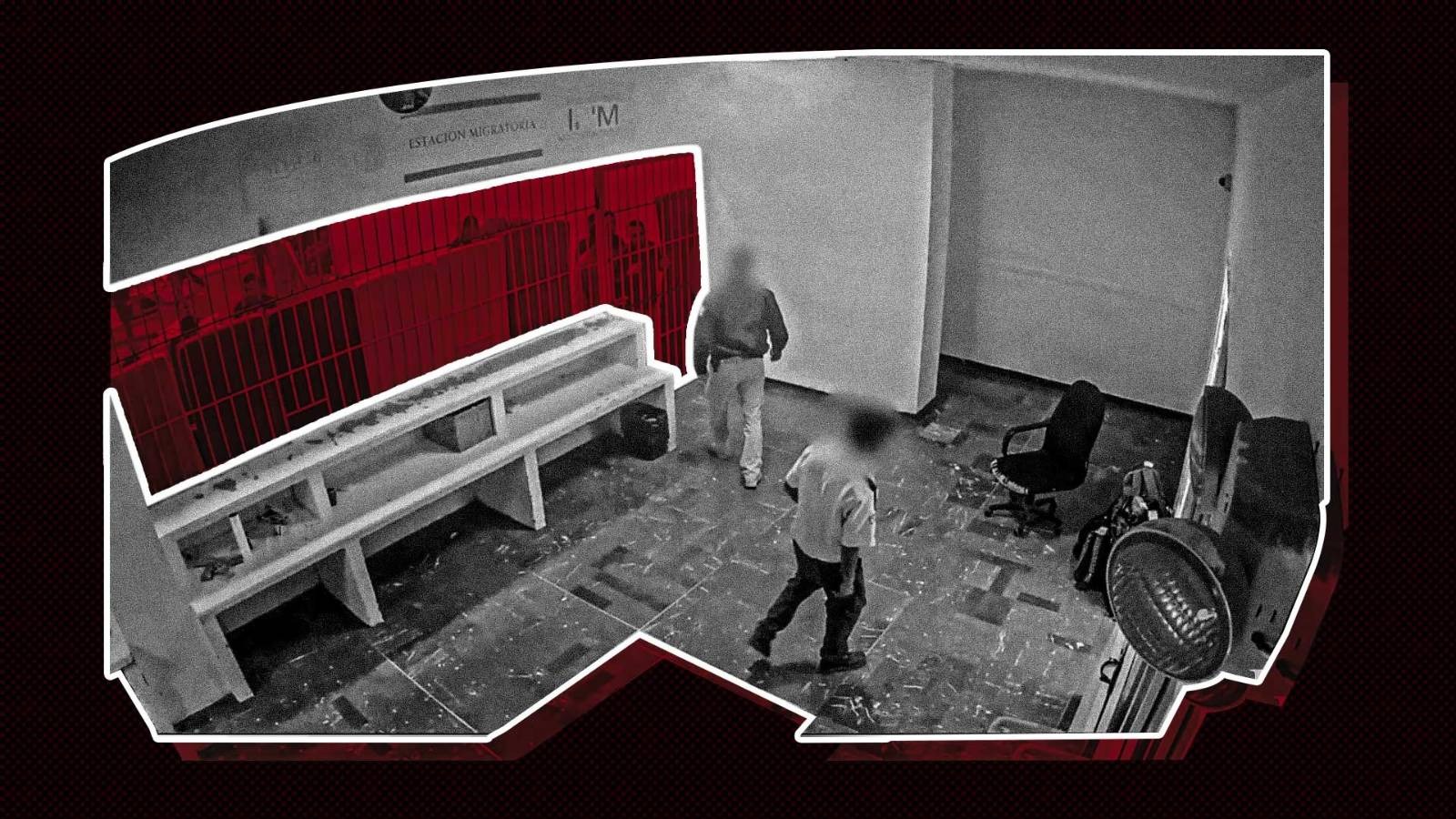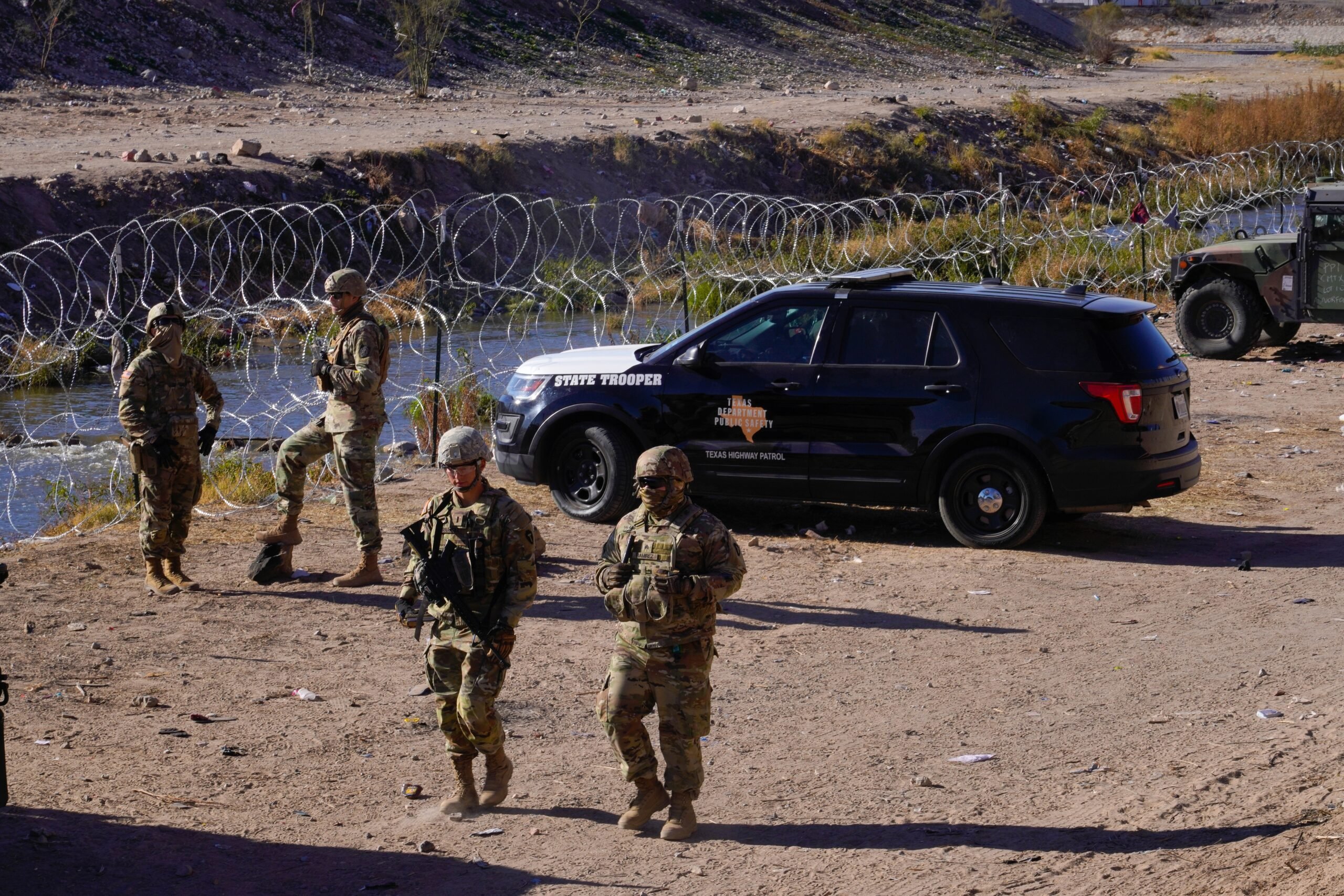Can a Grieving Poet’s Movement for Peace Save Mexico?

On a broiling mid-June afternoon in Juarez, Javier Sicilia stepped on to a makeshift stage in a downtown park to address at least 2,000 of his fellow grieving Mexicans. The crowd applauded wildly as the soft-spoken, 54-year old poet began to speak in measured tones about creating a national movement to “save our Democracy.” Like him, they had lost loved ones in the drug war. Now Sicilia was encouraging them to pour their grief and frustration into action by joining him in his burgeoning movement to stop the killing that is tearing their country apart.
Dressed in his signature khaki fishing vest and brown Stetson hat, Sicilia excoriated the government for launching a war against the drug cartels without having the legal structure in place to ensure that justice was served. He chastised the U.S. government for funding through its Merida Initiative—which consists of $1.6 billion in aid to Mexico—the violence and corruption perpetuated by the Mexican government and the military on its people.
“We have arrived in Juarez to embrace you and so that you can embrace us in making a citizens’ pact,” Sicilia told the crowd. “We are going to fill the country with the names of our dead so the authorities remember their obligation to provide us with the justice we are crying out for.”
Until recently, Sicilia, like many citizens of privilege living in Mexico City, had largely ignored the drug war going on in his country. Then on March 28, his 24-year old son, Juan Francisco, a business student, and six of his friends were killed by drug cartel members after a minor scuffle in a bar. Overnight, Sicilia’s son had become a drug war statistic—one of the estimated 40,000 deaths since President Calderon launched his offensive against the drug cartels in 2006.
Out of anger and grief, the award-winning poet vowed never to write another poem. Instead he poured his grief into protest, spearheading the National Movement for Justice with Peace and Dignity. Immediately, it became clear that Sicilia’s movement had tapped into the nation’s grief and anger. At a May 8 rally in Mexico City, tens of thousands of protesters descended on the capital’s main plaza to call for a halt to the violence. Sicilia and the movement leaders formed caravans of grieving protesters whose families had been ripped apart by the violence. On June 4, the caravan made its way from Cuernavaca, the site of Juan Francisco Sicilia’s death, and passed through some of Mexico’s most violence-wracked cities, including Monterrey, Durango and Torreon.
In each city, the traumatized populace put aside its fears. With signs and posters plastered with the faces of their dead and missing family members, they took to the streets to greet Sicilia and his caravan of nearly 800 people. Swarms of Mexican and international media followed the grief-stricken poet and his peace caravan from one raw, emotion-filled rally to the next. In each city, people hugged and cried with Sicilia in a kind of collective catharsis for Mexicans still searching for disappeared loved ones or who felt ignored and stigmatized by a government that had done nothing to help them. The caravan traveled 1,500 miles across Mexico to arrive on June 10 in Mexico’s most violent city, the place that had become emblematic of the nation’s bloody drug war— Juarez.
Finally, after so much bloodshed, Mexicans were rising up against the senseless brutality of the drug war. But can it last? Can a nascent national movement fronted by a grieving poet help reform Mexico’s troubled democracy and stop the senseless bloodshed? Or will it buckle under the weight of competing agendas and government officials’ unfulfilled promises?
Todos Somos Juarez?
Climbing on to that stage in Juarez in mid-June, Sicilia came face to face with the challenges of creating a unified national movement. “We have got to stay together,” Sicilia told the crowd. “So that we can go on making and remaking this nation that carries so much pain.” Juarenses— who have been fighting drug violence for the last two decades in one of the most violent cities in the world—received the Mexico City intellectual with some skepticism: Who was this Javier Sicilia? The city of 1.5 million has already endured more than 12,000 murders since 2008, the unraveling of its economy and the total dissolution of its social fabric. The military had just pulled out of the city after a campaign of more than two years that left hundreds of human rights abuse claims, and allegations of torture and murder in its wake. Other cities in Mexico are only beginning to get a taste of the horrors that Juarez has already endured. The prolonged violence and abuse from the cartels and the military has made many residents fed up, but also cynical.
David Flores, an artist and activist at the rally, expressed the polite skepticism I heard from many citizens of Juarez that day. “I’m participating in the protest not just because Sicilia is coming but because I’ve been doing this for 12 years,” he said. “At least Sicilia has brought the media.”
Sicilia had also brought Juarenses six broad demands to present to Calderon’s government. This man they knew very little about was now asking them to sign “a national citizens’ pact” in a symbolic ceremony at the base of the Benito Juarez monument in their city. The pact called for an end to the “war strategy” and demanded the government combat corruption, poverty and unemployment—the roots of crime. It also demanded that government officials solve crimes and repair Mexico’s social fabric.
But many people in Juarez want nothing to do with Calderon or his government. An older man in a baseball cap took to the stage holding a sign with a picture of his 14-year old daughter who had disappeared on her way to school one day last year. “We need an international agency to come and investigate,” he said his voice breaking with grief. “How is it that so many boys and girls can be missing and the federal officials only tell us ‘Don’t worry, your sons and your daughters are fine.’”
“They should quit!” yelled women in the audience. Another middle-aged man took the microphone and read from a speech he had prepared. His hands trembled: “My daughter was killed last Wednesday during a bank robbery. She left three children orphaned…”
People in the audience gasped in unison. “My God, just last week,” said a woman standing next to me. People in the crowd were filled with rage at their government. Only two percent of crimes were ever pursued or solved, according to government figures. The feeling was one of hopelessness. When the people of Juarez had turned to officials for help they’d been betrayed time and time again, one person after another testified before the crowd.
One of their biggest disappointments had occurred in February 2010, after a massacre of 15 teenagers in the neighborhood of Villas de Salvarcar had shook Mexicans with its savagery. In response, President Calderon implied that the students had somehow been involved in drugs. Juarez’s citizens were outraged. To quell the controversy Calderon arrived in Mexico’s most beleaguered city to propose a new federal program “Todos Somos Juarez” (We are all Juarez). The president promised $282 million to build schools, parks and sport complexes. During Calderon’s meeting with the city’s residents, helicopters circled overheard with snipers and protesters chanted outside for his resignation.
Despite Calderon’s promises and the construction of new sports complexes and other buildings, the murder rate that year skyrocketed to its highest yet at 3,100 killings. Suspicious of government, activists in Juarez presented Sicilia and the movement with their own demands. “We greet you with respect and solidarity Javier Sicilia,” they wrote in an open letter. But they refused to negotiate with the government. “We oppose any dialogue with the government in Ciudad Juarez, in Morelos or any other place in the country as long as the military are in the streets,” wrote the peace activists from the Frente Plural Ciudadano y Centro de Pastoral Obrera de Juarez. “The demilitarization of the nation is a demand that can’t be negotiated.” They also invited Sicilia and his caravan to embrace the cause of workers “who have been betrayed by the reform of the federal labor law.”
During a series of round table meetings, Juarez activists made several other proposals. But Sicilia was intent on limiting his movement to the six demands. And he was intent on setting up a series of meetings with Calderon to push for reforms and persuade him to abandon his “war strategy” in fighting the cartels. At the Juarez rally, Sicilia urged patience and continuing the dialogue, quoting Ghandi, “It’s the action, not the fruit of the action, that’s important.”
After he had returned to Mexico City, Sicilia published a letter thanking everyone who had made the “Caravan of Consolation” possible. He acknowledged the challenges of creating a unified national movement. “It is true that in Juarez many other demands of the political and social order were exposed…the pains of the nation are immense,” he wrote. “Nevertheless, to bring all of these demands to the citizens’ pact … is the best way of allowing the government to accomplish nothing. If we stay united on the six points not only will we be able to vindicate the victims but exercise a sustained pressure to accomplish them.”
United We Stand, Divided We Fail
Sicilia seems to realize that to create an effective political movement he has to prevent it from becoming a Christmas tree weighted down with too many political agendas. “He stuck with his May 8th demands instead of opening up to other voices or those who say it’s not the time to meet with the government,” said Mexico City Law Professor John Ackerman who has written extensively about Sicilia and the movement for Mexican political magazines such as Proceso. “He’s starting to pick his battles more clearly. His real interest is in victims’ rights and focusing on public security. The real challenge is in developing other kinds of leaders he can work with on a broader agenda.”
Whether Sicilia’s movement becomes a unified national movement or not, it has already changed the dynamics of power in Mexico. Just like the caravans, which displayed Mexico’s wounds for all to see, on June 23, Mexicans experienced another eye-opening moment for their fledgling democracy. On live national television, Sicilia addressed a grim-faced Calderon flanked by his wife and cabinet members. The soft-spoken poet called for a moment of silence for the victims of the drug war. He then demanded that Calderon’s government apologize to the people of Mexico for “failing in its duty” to protect its citizens.
The government had started a senseless war, he said, while ignoring the country’s more pressing needs such as jobs, education and healthcare. Dozens of ordinary citizens, victims of the drug war, testified one after another in tears about the disappearances and deaths of loved ones.
A visibly angered Calderon said he would not apologize for fighting the cartels in the streets with soldiers and federal policemen. “If there is something I must apologize to the families of the victims for, it is the fact that I didn’t send those forces early enough to protect them,” he said.
As many had already predicted, Mexico’s president was not budging from his “senseless war”. Still, the nationally televised and emotionally charged denunciation by these ordinary citizens against their president was an unprecedented event.
Another meeting with Calderon is scheduled in three months. Some Mexicans are hopeful about the talks between the government and Sicilia but others, especially activists in Juarez, say his citizens’ movement is being co-opted by a cynical government. Juarez activist Carlos Murillo titled one recent essay in the weekly grassroots magazine Juarez Dialogue “The Betrayal of Sicilia.” In the essay he writes “It’s sad to say but the great winner from Sicilia’s movement is Calderon…which has looked for a way in many forms to legitimize its illegitimate (that is to say, the “war” against the narco as we know it)…he’s fortuitously found a movement that could have given more but finally didn’t understand its role in this story.”
But the story isn’t over yet. Sicilia is planning another caravan to Mexico’s border with Guatemala. And the country’s 2012 presidential elections are just around the corner. “With the presidential election coming up there’s a big opportunity to put social and political change on the agenda,” Ackerman says. “For Sicilia and his movement it’s an opportunity but it’s also a risk.”


